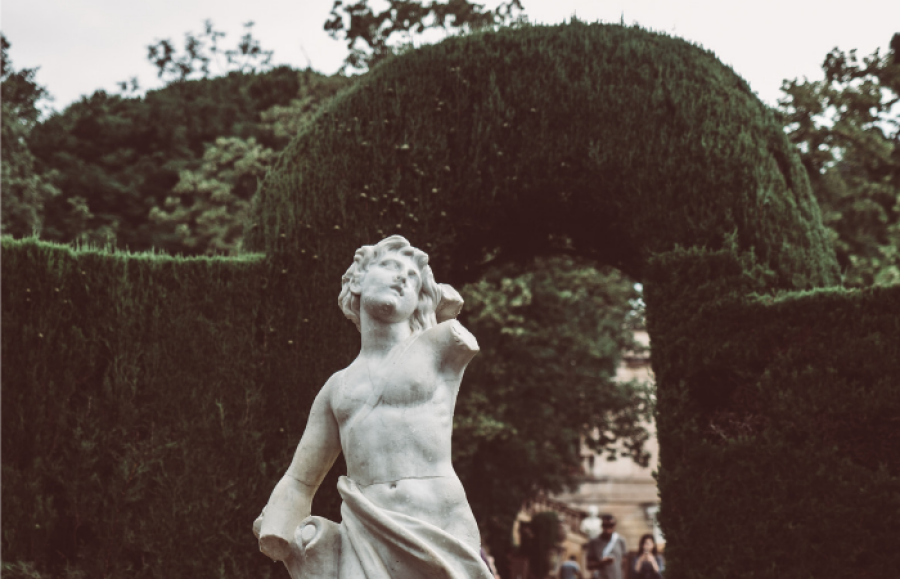“You must not miss Whitehall,” Nobel laureate Sir Edward Appleton told a 1948 audience, referring to the street in London lined with government buildings. “At one end, you will find a statue of one of our kings who was beheaded; at the other, a monument to the man who did it.”
Appleton was poking fun at the British sense of fair play, but his quip underscored the problem with lionizing historical figures by erecting larger-than-life monuments to them: glory is in the eye of the beholder. Heroes to some are villains to others.
Statues have become flashpoints for confrontations in the United States and here in Canada. In August, plans to remove a statue of Confederate army general Robert E. Lee from a park in Charlottesville, Va., triggered a violent protest by white supremacists and neo-Nazis that left a counterprotester dead and a nation reeling. Across the United States, efforts to take down Confederate statues are under way or have taken place in at least nine states.
In Canada, Indigenous activists and self-styled “western chauvinists” nearly came to blows during a Canada Day demonstration in Halifax at the statue of General Edward Cornwallis, the 18th-century governor of Nova Scotia who placed a bounty on Mi’kmaw scalps.
Earlier this year, the Law Society of British Columbia removed a statue of Matthew Baillie Begbie, the province’s first chief justice, from its Vancouver offices. Begbie is reviled for wrongly convicting six Tsilhqot’in chiefs of murder and sentencing them to hang in the mid-1860s. And students at Toronto’s Ryerson University are campaigning against the university’s name and a statue of Egerton Ryerson, the 19th-century Methodist educator and founder of this magazine who is associated with the development of residential schools.
The many statues commemorating the subject of this month’s cover story could be just as problematic. There’s no question Martin Luther is an enormously important historical figure. But there’s no escaping the fact that the founder of Protestantism was ferociously anti-Semitic. His 1543 diatribe, On the Jews and Their Lies, cannot be soft-pedalled, as some academics do. It is a blueprint for the Holocaust that the Nazis embraced with murderous zeal. As best I can tell, no one has called for a Luther statue to come down. I can imagine how right-wing extremists would relish a fight over him, though, because they crave high-profile soapboxes.
Those same extremists find tacit allies in moderates who fret that activists are trying to undo history. That assumes that monuments like those commemorating Lee and Cornwallis are themselves history. They’re not. They’re historical only to the extent that they reflect values that prevailed when they were commissioned. Erected in 1924, the statue of Lee in Charlottesville reflected a Jim Crow state looking to the bygone glories of Dixie to salve the still-festering wounds of the Civil War. The statue of Cornwallis, unveiled in 1931, mirrors a young nation still wedded to the imperial grandeur of the British Empire and largely oblivious to the uncomfortable truths of colonialism.
The values embodied in both statues never had any objective legitimacy in the first place. To continue to publicly proclaim them is thoughtless and needlessly provocative. No one will be diminished if those and other problematic statues are taken down.
But don’t get rid of them altogether. They still have historical value — as artifacts. Like other artifacts, they belong in museums, where they can be studied in context, where the full story (including the controversies they inspired) can be told — and where people can ignore them if they choose. It’s true: you can’t change history. But changing the way we look at history can make for a better present.
This story originally appeared in the October 2017 issue of The Observer as part of the column “Observations.”















